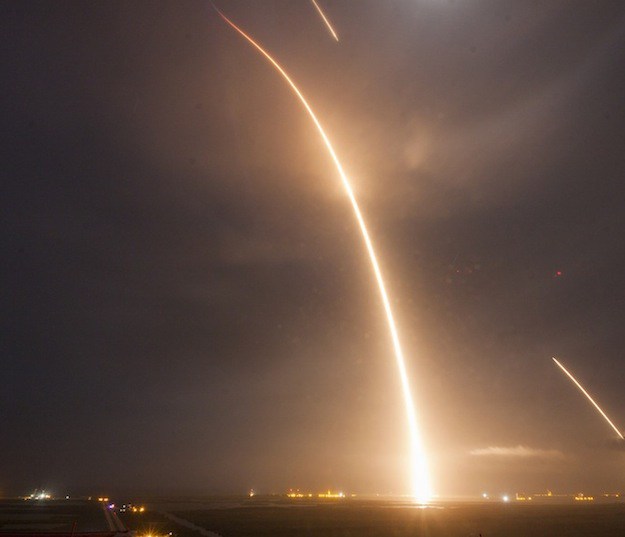-
Tips for becoming a good boxer - November 6, 2020
-
7 expert tips for making your hens night a memorable one - November 6, 2020
-
5 reasons to host your Christmas party on a cruise boat - November 6, 2020
-
What to do when you’re charged with a crime - November 6, 2020
-
Should you get one or multiple dogs? Here’s all you need to know - November 3, 2020
-
A Guide: How to Build Your Very Own Magic Mirror - February 14, 2019
-
Our Top Inspirational Baseball Stars - November 24, 2018
-
Five Tech Tools That Will Help You Turn Your Blog into a Business - November 24, 2018
-
How to Indulge on Vacation without Expanding Your Waist - November 9, 2018
-
5 Strategies for Businesses to Appeal to Today’s Increasingly Mobile-Crazed Customers - November 9, 2018
Mission success! SpaceX Falcon 9 makes history
Back in June a Falcon 9 rocket exploded shortly after launch, but six months later the updated rocket completed its mission and historic landing without a hitch. For the latest launch, the rocket stage flew to about 75 kilometers before turning around, leaving the rest of the rocket to deliver a package of satellites into low-Earth orbit.
Advertisement
It was the first time a rocket launched into orbit successfully made a controlled landing on Earth. With the landing of Falcon 9, SpaceX got an edge on its competitor, Blue Origin, which brought back its own rocket (which did not carry cargo) last month.
The landing of the first stage of the Falcon 9 rocket took place at Florida’s Cape Canaveral at about 7:40 p.m. central time after a 10-minute flight. SpaceX landed a rocket named Grasshopper vertically two years ago, but that one didn’t go into space.
“The Falcon has landed”, a commentator said Monday above the screams and cheers of people gathered at SpaceX headquarters in Hawthorne, California.
“Elon can’t say this, but “nail in the coffin” for traditional launch industry”, tweeted Peter Diamandis, chief executive of Culver City’s XPrize Foundation, a non-profit that awards cash prizes for science and engineering accomplishments.
Musk also sits on XPrize’s board of trustees.
Advertisement
“There’s potential to reduce launch costs substantially, maybe as much as 75 percent”, said Christensen. As this technology develops, it will make recreational space travel, new manned expeditions to the Moon, and even to Mars, considerably more cost-effective. “It will be hard for any company to possibly compete unless the US government keeps them in business to maintain a second supplier”.




























